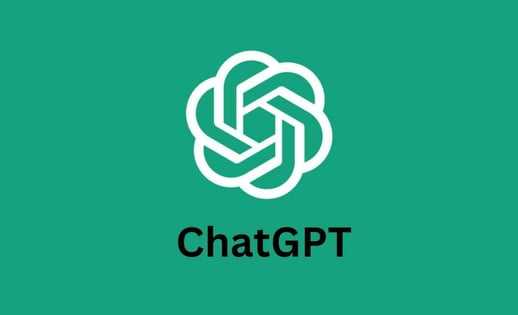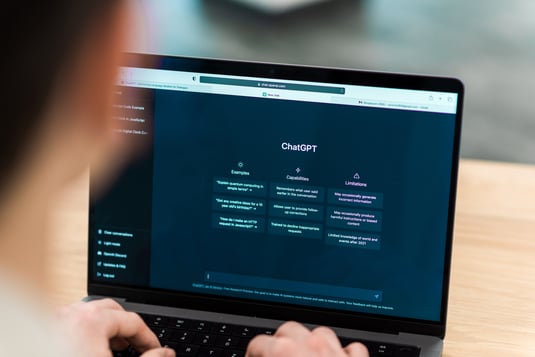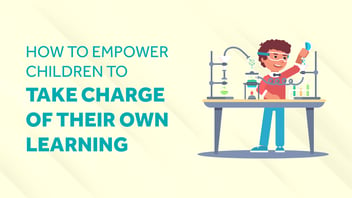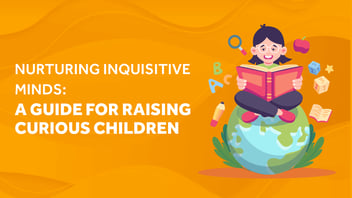Do you think ChatGPT Can Benefit Primary School Children in Learning?
Hey there, education enthusiasts! Are you ready to explore the fascinating world of AI and its potential impact on our little learners?
Today, we're going to dive into a burning question: Can ChatGPT, the cutting-edge chatbot powered by OpenAI, actually benefit primary school children in their learning journey? Let's find out!
The Rise of ChatGPT:
AI has been making waves across various industries, and the education sector is no exception. ChatGPT, short for Chat Generative Pre-trained Transformer, is an AI model that can generate text responses, mimicking human-like conversations. It's like having a virtual friend who can help with homework, answer questions, and engage in meaningful discussions.

Engaging Learning Experience:
One of the key underlying benefits of using ChatGPT in primary education is its ability to provide an engaging learning experience. Traditional teaching methods often follow a one-way communication model, leaving limited room for personalized interactions. With ChatGPT, students can actively participate in conversations, ask questions, and receive detailed responses tailored to their needs.
Encouraging Curiosity and Critical Thinking:
As we all know, children are naturally curious beings. ChatGPT can act as a gateway to satisfy their thirst for knowledge by providing answers to their inquiries. By encouraging children to ask questions and seek information, ChatGPT nurtures their critical thinking skills and empowers them to explore beyond the boundaries of a traditional classroom.
24/7 Learning Companion:
Imagine having a tireless learning companion available round the clock. ChatGPT can bridge the gap between school and home, providing continuous support to primary school children. Whether they need help with homework, clarification on a topic, or simply want to engage in a friendly conversation, ChatGPT is there to lend a virtual hand.

Enhancing Language Skills:
In the early years of education, language development plays a crucial role. ChatGPT can act as an AI language partner, helping children improve their grammar, vocabulary, and communication skills. With its vast knowledge base, ChatGPT can provide accurate and detailed explanations, making language learning more interactive and enjoyable.
Adapting to Individual Learning Styles:
Every child learns differently, and personalization is the key to effective education. ChatGPT has the potential to adapt to individual learning styles, catering to the unique needs and preferences of each student. By providing customized content and explanations, it can help children grasp difficult concepts and foster a deeper understanding of the subjects they're studying.
Cautionary Considerations:
While ChatGPT holds great promise, it's crucial to balance its use with traditional teaching approaches. Human interaction and guidance are essential for holistic learning. Over-reliance on technology might hinder the development of social and emotional skills that are equally important for a child's growth.
Read more about: Redefining Education: The Power of Digital Learning
Conclusion:
So, can ChatGPT benefit primary school children in their learning journey? The answer is a resounding "yes!" With its engaging learning experience, encouragement of curiosity and critical thinking, 24/7 availability, language enhancement, and adaptability to individual learning styles, ChatGPT can be a valuable tool in the education arsenal. However, a cautious approach that balances technology with human interaction is vital to ensure a well-rounded educational experience.
Remember, ChatGPT is a partner, not a replacement. Let's harness the potential of AI to enhance primary education and empower our young learners to become the best versions of themselves!



